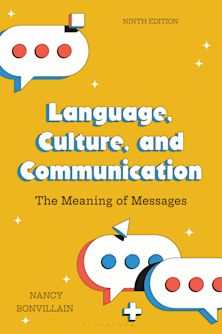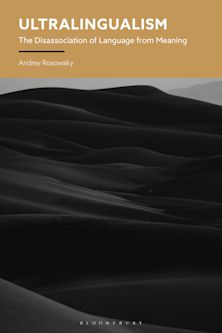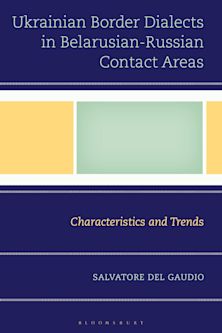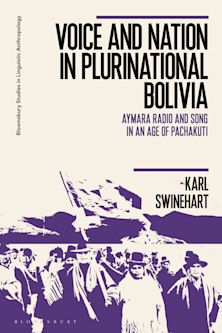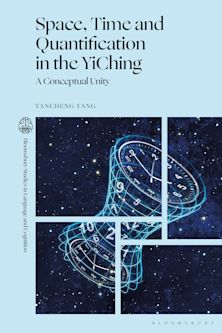Linguistic Landscaping and the Pacific Region
Colonization, Indigenous Identities, and Critical Discourse Theory
Linguistic Landscaping and the Pacific Region
Colonization, Indigenous Identities, and Critical Discourse Theory
Description
In Linguistic Landscaping and the Pacific Region: Colonization, Indigenous Identities, and Critical Discourse Theory, Diane Elizabeth Johnson provides four case studies, each exploring the use of language in public spaces in an area of the Pacific in which colonization has played a major role: The Kingdom of Hawai‘i/Hawai‘i, Aotearoa/New Zealand, Kanaky/New Caledonia, and Tahiti. Each of these studies is informed by critical discourse theory, highlighting the ways in which hegemonic structures may be established, reinforced, and— particularly in times of crisis—contested and overturned. The book introduces the case studies in the context of a parallel introduction to the Pacific region, critical discourse theory, and research on linguistic landscapes. The critical discussion is accessible to students and others who are approaching these contexts and theories for the first time, while also locating the author’s work in relation to existing scholarship. Johnson urges readers to listen carefully to the voices of indigenous peoples at a time when the danger of Western certainties has been fully exposed.
Table of Contents
Introduction
Chapter 1: The Pacific Region: Colonization, Resistance, and the Linguistic Landscape Introduction to Part I - Britain and the US: Colonialism and expansionism
Chapter 2: The Hawaiian Kingdom Mount Maunakea: Assertion, Resistance, and the Mise en Abyme Effect
Chapter 3: Aotearoa/ New Zealand Tirau: A Twenty-first Century Colonial Fantasy Landscape
Introduction to Part II - Metropolitan France: Pacific colonial expansionism
Chapter 4: Assertion and Resistance in the Linguistic Landscape of Kanaky/New Caledonia
Chapter 5: Pape'ete: A City at Sea
Conclusion: Signs of the Times
References
About the Author
Product details
| Published | 27 Jul 2021 |
|---|---|
| Format | Ebook (Epub & Mobi) |
| Edition | 1st |
| Extent | 162 |
| ISBN | 9781793611192 |
| Imprint | Lexington Books |
| Illustrations | 37 b/w photos; 2 tables; |
| Publisher | Bloomsbury Publishing |
Reviews

ONLINE RESOURCES
Bloomsbury Collections
This book is available on Bloomsbury Collections where your library has access.













